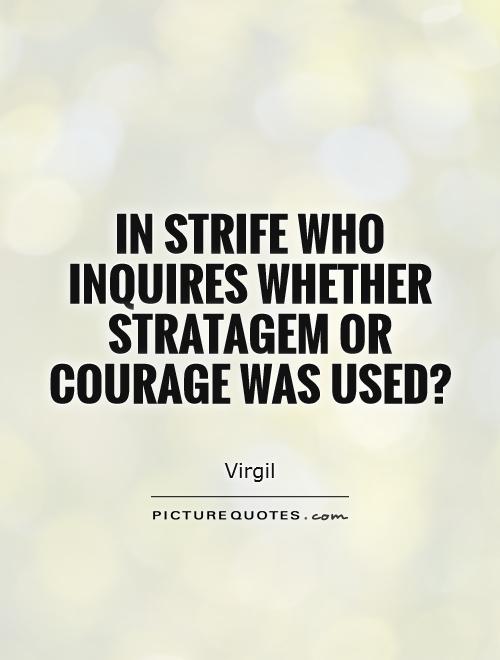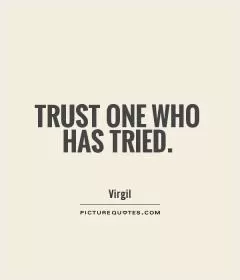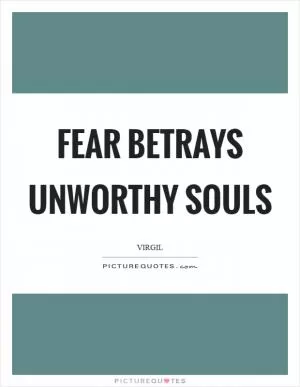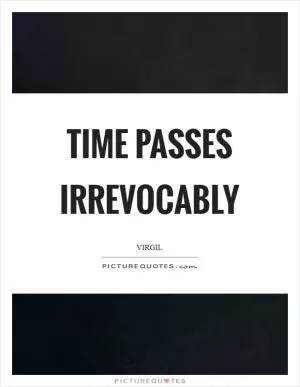In strife who inquires whether stratagem or courage was used?

In strife who inquires whether stratagem or courage was used?
Virgil, the renowned Roman poet, poses a thought-provoking question in his epic poem, The Aeneid: “In strife who inquires whether stratagem or courage was used?” This question delves into the age-old debate of whether victory in battle is achieved through cunning strategy or sheer bravery. Virgil’s words challenge us to consider the complexities of warfare and the various factors that contribute to success on the battlefield.Throughout The Aeneid, the protagonist Aeneas faces numerous challenges and adversaries as he seeks to fulfill his destiny of founding the city of Rome. In these moments of strife, Aeneas must navigate a delicate balance between using strategic tactics and displaying courage in the face of danger. Whether he is outwitting his enemies with clever ruses or engaging them in fierce combat, Aeneas demonstrates the importance of both cunning and bravery in achieving victory.
The question posed by Virgil also raises the issue of moral ambiguity in warfare. In the heat of battle, soldiers may be forced to make difficult decisions that blur the lines between right and wrong. Is it more honorable to win through honorable combat or through deceptive tactics? Virgil’s words suggest that the outcome of a conflict may ultimately be determined by a combination of both stratagem and courage, and that the ends may justify the means in certain circumstances.
Furthermore, Virgil’s question challenges us to consider the nature of leadership in times of war. A successful commander must possess not only the ability to devise clever strategies but also the courage to inspire and lead their troops in the face of adversity. A true leader must be able to adapt to changing circumstances, think quickly on their feet, and make tough decisions under pressure.












 Friendship Quotes
Friendship Quotes Love Quotes
Love Quotes Life Quotes
Life Quotes Funny Quotes
Funny Quotes Motivational Quotes
Motivational Quotes Inspirational Quotes
Inspirational Quotes